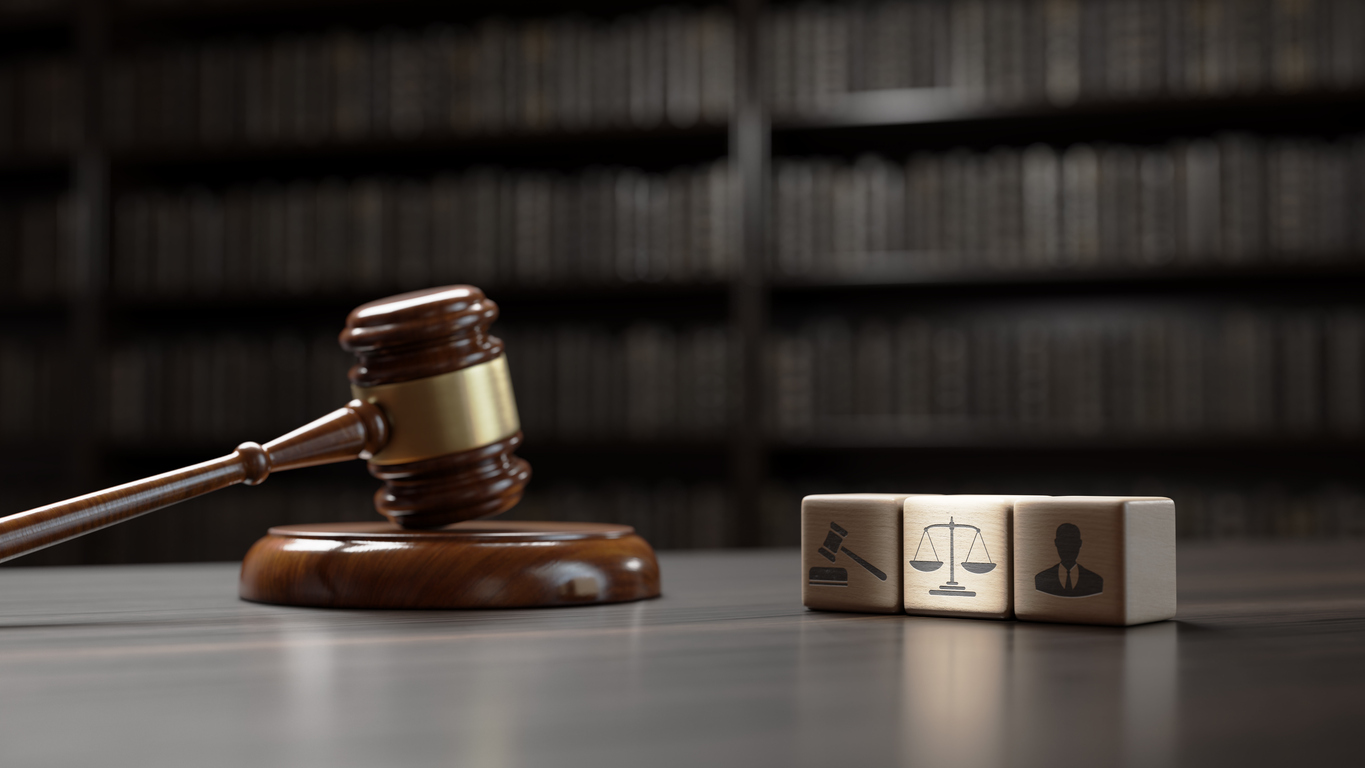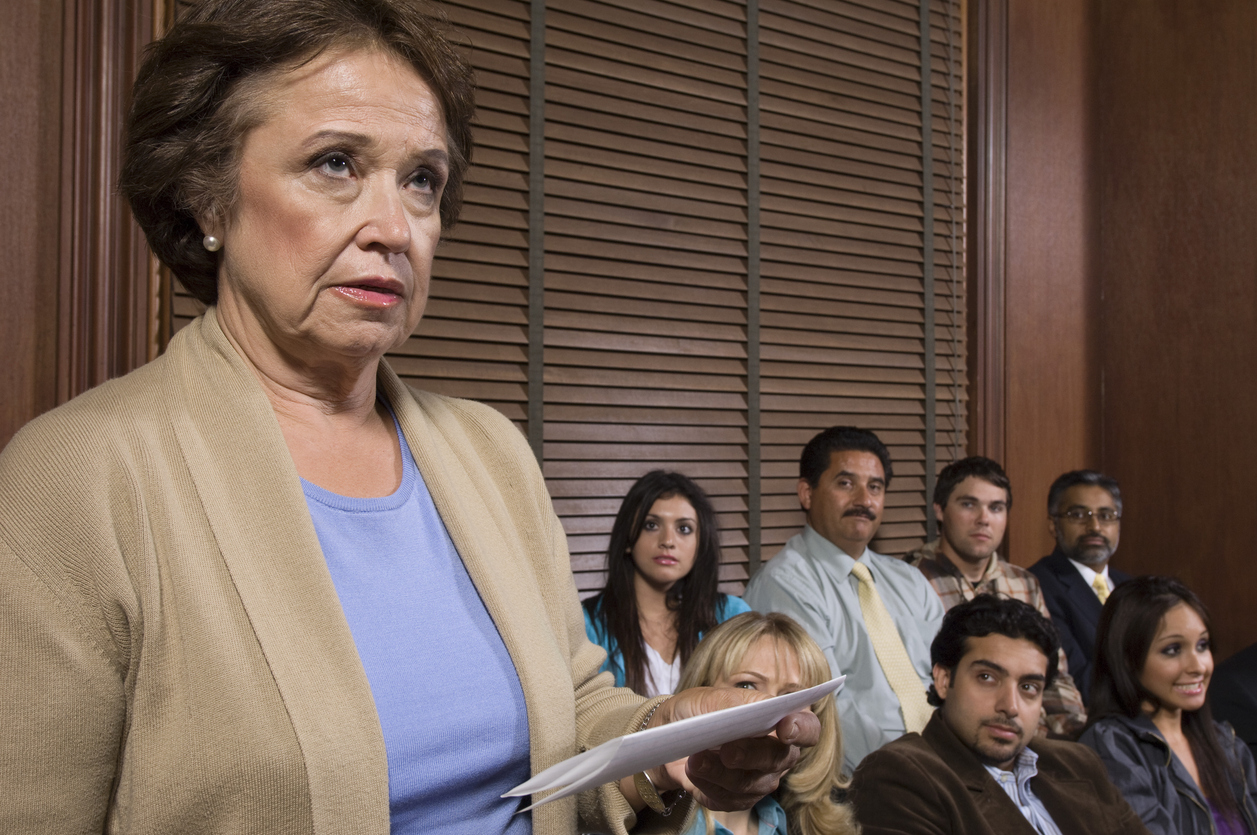Earl Carr has a story every public adjuster practicing in Louisiana should read. He lives in Louisiana and I met him following Florida’s four 2004 hurricanes. The following year, Katrina devastated Louisiana. Earl was busy and even started a radio show which I once appeared on discussing property insurance claim issues.
It may have been the publicity from his radio show that eventually led to the Louisiana Bar filing a very serious petition alleging numerous improper activities against Carr, including the unauthorized practice of law. The petition demanded the following as a judgment:
1. The contract and “Fee Schedule” used by Defendants…constitute a contingent fee contract in violation of prior LSA-R.S. 22:1476 and current LSA-R.S. 22:1210.71…
2. Any activities of Defendants which purport to advise Clients on the meaning of insurance contracts and/or coverage provided under said contracts, constitutes the unlawful practice of law, prohibited by LSA-R.S. 37:212.
3. Negotiating with any Clients’ insurance companies regarding legal aspects of their policies and claims, including the negotiation of monetary values of claims, constitutes the unlawful practice of law, prohibited by LSA-R.S. 37:212-213.
4. Defendants action of instructing insurance companies with which the Defendants deal to send checks directly to Defendants and made payable as requested by defendants constitutes a violation of LSA-R.S. 22:1210.84.
The trial court found against Carr on these counts. The eventual judgement was devastating to Carr because he could no longer practice public adjusting as most people know it. The appellate ruling provides instruction and a warning to public adjusters practicing in Louisiana:
[The] permanent injunction prohibited Carr from: (1) entering into fee agreements with clients that provide for payments to Carr that are contingent upon and calculated as a percentage of the amount paid on the clients’ insurance claims; (2) advising or counseling clients in a manner that constitutes the unauthorized practice of law, including giving advice on the terms of insurance policies, rights, limitations, coverage, liabilities, establishing and/or enforcing legal remedies, or law; (3) having any direct contact with its clients’ insurers to settle its clients’ claims against the insurers by negotiating with the insurers regarding legal aspects of its clients’ insurance policies and claims, acting on behalf of its clients to prevent a wrong or establish a right, and negotiating with its clients’ insurers over the monetary value of its clients’ claims; and (4) instructing insurance companies to send checks directly to Carr and made payable to Carr along with Carr’s clients.1
The bottom line is that public adjusters in Louisiana should have no contingent fee agreement. The second bottom line is not to practice law which involves many actions which public adjusters in other states take for granted as being something they can legally do. These unauthorized practice of law statutes vary greatly from state to state.
If you are a public adjuster and want more advice about how to legally set up operations in Louisiana, I would suggest you contact attorney Holley Soffer, who helps with licensing and contracts for public adjusters throughout the United States. Here is her contact information:
Holly K. Soffer, Esq.
Kellis Soffer, L.L.C.
3103 Hulmeville Rd Suite 200
Bensalem PA 19020
ph. (215) 244-1045
Email: hksoffer@kellissoffer.com
www.kellissoffer.com
A Thought About Louisiana
My favorite Saturday, outside any Saturday that Louisiana State University plays football, is the Kentucky Derby.
—James Carville
_________________________
1 Louisiana State Bar Ass’n v. Carr and Associates, 15 So.3d 158 (La. App. 2009).



